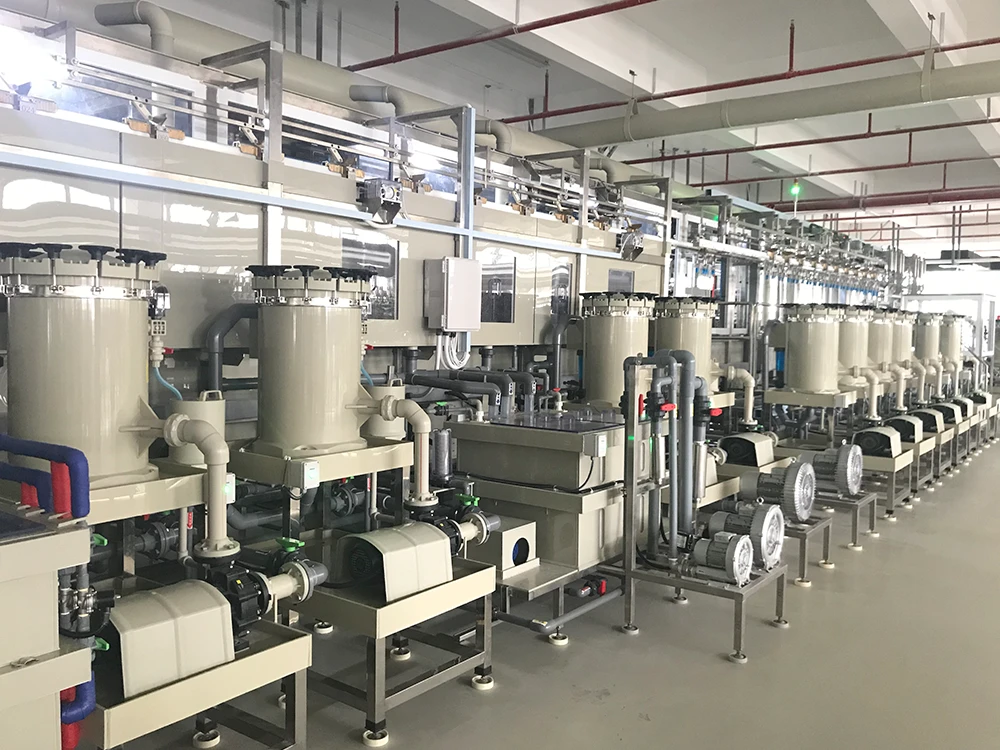
# Chemical Filter Applications in Industrial Processes
Chemical filters play a crucial role in various industrial processes, ensuring the purity and safety of products, protecting equipment, and maintaining environmental compliance. These filters are designed to remove harmful chemicals, particulates, and contaminants from gases and liquids, making them indispensable in industries such as pharmaceuticals, petrochemicals, food and beverage, and electronics manufacturing.
## Key Applications of Chemical Filters
### 1. Air Purification in Manufacturing Facilities
In manufacturing environments, chemical filters are used to purify air by removing volatile organic compounds (VOCs), acidic gases, and other harmful substances. This is particularly important in industries like semiconductor manufacturing, where even trace amounts of contaminants can compromise product quality. High-efficiency particulate air (HEPA) filters combined with chemical filtration systems ensure cleanroom standards are met.
### 2. Water Treatment in Petrochemical Plants
Petrochemical plants rely on chemical filters to treat wastewater and process water. These filters remove heavy metals, hydrocarbons, and other pollutants, ensuring that discharged water meets regulatory standards. Additionally, they protect downstream equipment from corrosion and fouling, extending the lifespan of critical infrastructure.
### 3. Gas Filtration in Pharmaceutical Production
In the pharmaceutical industry, chemical filters are essential for purifying gases used in drug manufacturing. For example, nitrogen and oxygen gases must be free of impurities to prevent contamination of sensitive pharmaceutical products. Chemical filters ensure that these gases meet the stringent purity requirements necessary for compliance with Good Manufacturing Practices (GMP).
### 4. Food and Beverage Processing
Chemical filters are widely used in the food and beverage industry to remove contaminants from water, air, and process gases. For instance, activated carbon filters are employed to eliminate chlorine, odors, and organic compounds from water used in beverage production. This ensures the safety and quality of the final product while adhering to food safety regulations.
## Benefits of Using Chemical Filters
– Enhanced Product Quality: By removing impurities, chemical filters help maintain the integrity and consistency of industrial products.
– Equipment Protection: Filters prevent the buildup of harmful substances that can damage machinery and reduce operational efficiency.
– Environmental Compliance: Chemical filters help industries meet stringent environmental regulations by reducing emissions and wastewater contamination.
– Cost Savings: By minimizing equipment downtime and extending the lifespan of machinery, chemical filters contribute to significant cost savings over time.
## Choosing the Right Chemical Filter
Selecting the appropriate chemical filter depends on the specific application and the types of contaminants present. Factors to consider include:
– The nature of the contaminants (e.g., gases, particulates, or liquids).
– The required filtration efficiency.
– Compatibility with the process media (e.g., temperature, pressure, and chemical resistance).
– Maintenance requirements and lifespan of the filter.
In conclusion, chemical filters are vital components in industrial processes, offering numerous benefits across various sectors. By understanding their applications and selecting the right filter for specific needs, industries can ensure optimal performance, regulatory compliance, and long-term cost savings.
Keyword: chemical filter
